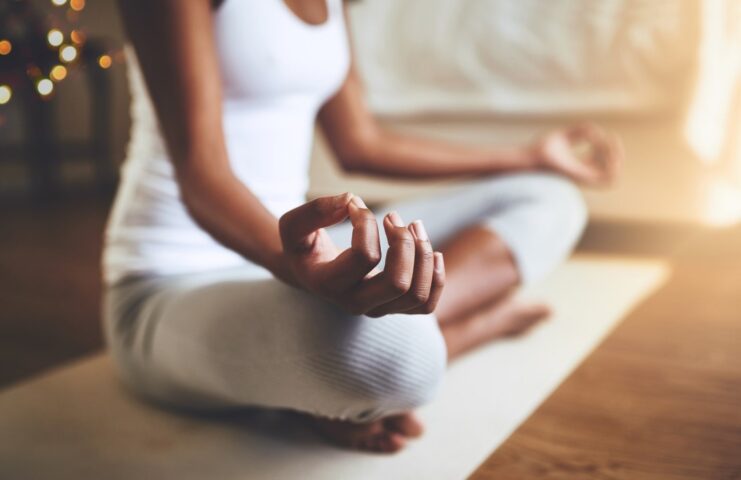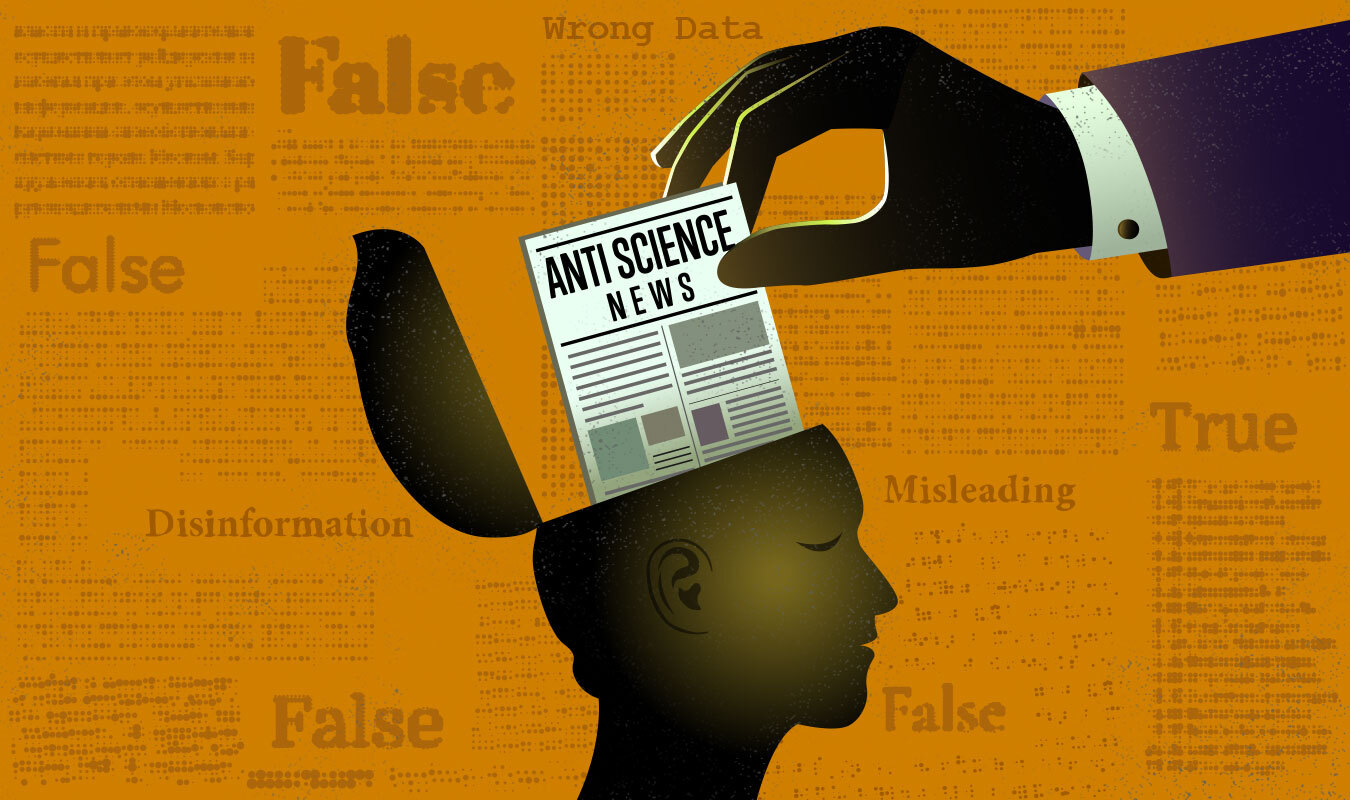Health advice is everywhere. One scroll through social media, and you’ll see miracle smoothies, detox hacks, and self-proclaimed “experts” offering daily tips. Some might work. Most don’t. The real danger? Bad advice can harm your health, drain your wallet, and waste your time.
You deserve better.
This guide will show you exactly how to separate truth from manipulation. You’ll walk away with sharp tools to cut through the hype and focus on what actually helps your body.
Key Highlights
- Wellness misinformation spreads fast through social media, blogs, and influencers
- Marketing tricks often disguise false claims as medical advice
- Real credentials and peer-reviewed evidence matter more than popularity
- AI-generated content adds a new layer of complexity in spotting bad advice
- Some health trends are driven by profit, not science
- Learn to ask the right questions and protect your body from harmful trends
Why Wellness Misinformation Is So Common
Anyone can publish a blog post. Anyone can film a fitness video. That’s the problem.
Wellness has become a massive industry. In the process, facts got pushed aside to make room for profits. Add social media algorithms to the mix, and you have the perfect environment for false claims to spread.
Misinformation thrives where:
- Emotions override logic
- People look for quick fixes
- Fear is used as a motivator
If someone offers a “one-size-fits-all” answer to complex health issues, that’s your first red flag.

The Cost of Bad Advice
Fake health tips do more than just waste your time. They can damage your body and mental health.
Skipping meals, overtraining, taking unregulated supplements, or ignoring medical care because of an internet post—that’s real harm. And it happens more often than most people admit.
Many wellness influencers present themselves as experts, but they often lack medical training. They use confident language, flashy graphics, and cherry-picked studies. That performance fools millions.
Real Health Experts vs. Internet Experts
Anyone can call themselves a “health coach.” Very few are licensed, regulated, or monitored by professional boards. That matters.
You want people who rely on peer-reviewed studies and evidence-based methods—not personal anecdotes or vague testimonials.
Watch for red flags:
- No listed credentials
- Use of urgent or emotional language
- Claims to cure multiple issues at once
- Lack of sources or citations
Qualified health professionals don’t promise overnight results. They guide, adjust, and personalize recommendations based on science and experience.

Marketing Tricks Disguised as Science
Health misinformation often hides behind clever marketing. The language may sound medical. It’s not.
Words like “toxin,” “cleanse,” or “boost” don’t mean anything without clear scientific backing. Many companies rely on ambiguity to sell products that don’t do what they claim.
Tactics to watch out for:
- Before/after photos with no context
- Unclear language like “shown to help” without real studies
- Pseudoscientific terms that sound impressive but mean nothing
You don’t need to memorize scientific journals. You just need to stay skeptical when claims sound too convenient or too perfect.
How AI Complicates Health Advice
AI tools can generate polished health content that looks trustworthy. But a clean layout and error-free grammar don’t guarantee truth.
That’s where tools like Zero GPT can help. Powered by DeepAnalyse Technology, it detects if a text was written by AI. Their model evaluates content from macro to micro levels to identify generated content from models like GPT-3, GPT-4, Gemini, and LLaMa.
Why does this matter?
Because some websites use AI to mass-produce articles with no fact-checking. You could be reading a polished lie. Use tools for AI detection to check suspicious content, especially when it comes to your health.

Detox Myths and Other Fake Trends
One of the most persistent lies in wellness is the idea of “detoxing”.
Your liver and kidneys handle toxins. No juice cleanse or detox tea can replace those organs. In fact, some detox products can harm them.
Another trap? “Alkaline” diets. Your body regulates pH naturally. You can’t make it more “alkaline” by eating specific foods. The logic behind that trend falls apart under basic biology.
How to Fact-Check Health Claims
You don’t need to be a doctor. You just need to ask better questions.
Start with these:
- Who benefits financially from this advice?
- Where’s the source? Is it a real study or an opinion?
- Has this tip been verified by medical institutions?
- Does it contradict what doctors or dietitians say?
The more transparent the advice, the more likely it’s trustworthy.
Check the source. Look for:
- Peer-reviewed medical journals
- University-based studies
- Articles published by certified professionals
- Names you can verify through official registries
Beware of Cherry-Picked Science
A real study might support one element of a claim. But many influencers stretch it. They isolate findings, strip away context, and present exaggerated outcomes.
Never judge a health tip by one quote or screenshot of a study. Real science works through repetition, testing, and broad data.

When AI Gets Mixed With Marketing
Some influencers now use AI to produce more content faster. That doesn’t automatically make the info bad. But it adds another step in your filter process.
When you see flawless grammar, impressive structure, and high confidence—but no sources or credentials—check the origin. Use AI detector to confirm whether the text was AI-written. If it was, cross-check it with a verified medical source before accepting the advice.
Don’t Fall for “Natural” = Safe
Natural doesn’t mean safe. Cyanide is natural. So is arsenic.
A product marketed as “all-natural” still needs testing, regulation, and dosing guidelines. Herbal teas, powders, and pills can interfere with medication or trigger allergic reactions.
Always check with your doctor or pharmacist before trying “natural” remedies, no matter how harmless they seem.
Social Media vs. Real Science
Platforms reward engagement, not accuracy.
That’s why extreme views rise to the top. It’s not about helping people—it’s about clicks, likes, and shares.
Be extra careful with:
- TikTok trends that promise rapid weight loss
- “What I eat in a day” videos with extreme calorie restriction
- Fitness challenges that ignore rest or nutrition science
Most of those creators are not qualified. They’re performers. Their bodies are not proof of their advice. Your health deserves more than a copycat routine or 15-second shortcut.

What To Trust Instead
Focus on sources that don’t sell you anything directly. Check university sites, government health departments, certified health professionals, and major hospitals.
If a tip stays consistent across multiple trustworthy sources, it’s probably solid. If only influencers or unknown websites talk about it, walk away.
Conclusion ─ Health Advice Should Help, Not Harm
You deserve clarity, not confusion. Health misinformation thrives because people want fast answers, but shortcuts often lead to damage. You have every right to protect your body and mind by asking tough questions and demanding real answers.
Stay critical. Stay curious. Trust the slow, proven path over the loud shortcut.
And when in doubt, check the facts—and the source—before you follow the next trending tip.

